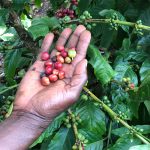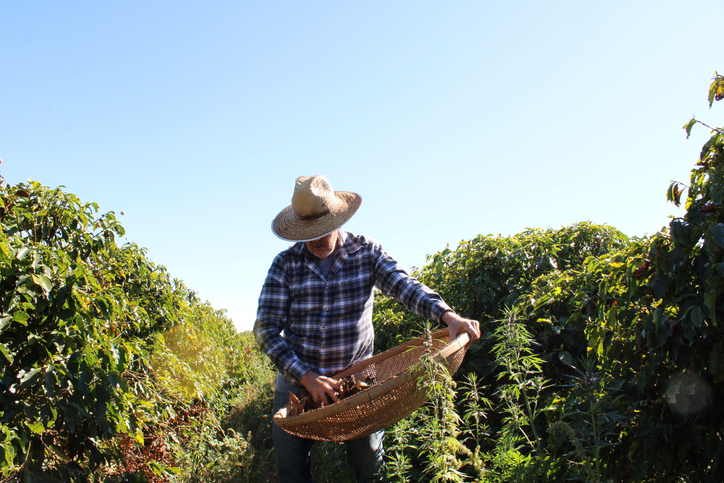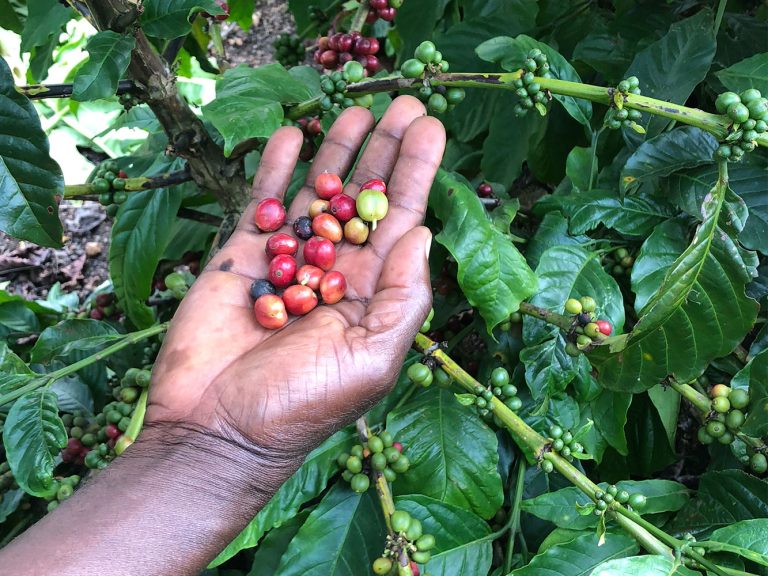Coffee futures can have both positive and negative impacts on coffee growers and small farmers. Here are some ways in which coffee futures can affect them:
- Price Risk Management: Coffee futures provide a mechanism for coffee growers and small farmers to manage price risk. By entering into futures contracts, they can lock in prices for their coffee crop, ensuring a minimum level of income even if market prices decline. This allows them to mitigate the volatility of the coffee market and protect their livelihoods.
- Access to Financing: Participating in the futures market can provide coffee growers and small farmers with access to financing. By using their futures contracts as collateral, they can secure loans or credit from financial institutions. This enables them to invest in their farms, improve productivity, and enhance the quality of their coffee.
- Market Information: The futures market serves as a valuable source of market information for coffee growers and small farmers. Price quotes and trading activity in futures contracts can provide insights into market trends, supply and demand dynamics, and global coffee prices. This information helps them make more informed decisions regarding their farming operations and marketing strategies.
- Price Discovery: Coffee futures contribute to price discovery in the market. The trading of futures contracts reflects the collective sentiment of market participants regarding future coffee prices. This information is beneficial for coffee growers and small farmers as it provides them with a benchmark for pricing their coffee and negotiating contracts with buyers.
However, it’s important to recognize the potential challenges and negative impacts as well:
- Limited Participation: Small farmers may face challenges in participating in the futures market due to limited resources, lack of knowledge, or difficulties in accessing the necessary infrastructure. This can result in unequal access to risk management tools, putting small farmers at a disadvantage compared to larger market participants.
- Volatility and Speculation: Speculative activity in the futures market can lead to increased price volatility and distortions. Rapid price movements driven by speculation can negatively impact coffee growers and small farmers who may struggle to adjust their production and marketing strategies in response to sudden price changes.
- Price Pressure: If coffee futures trading is dominated by short-term speculative interests, it may create pressure for lower coffee prices over time. This can affect the income and profitability of coffee growers and small farmers, making it harder for them to sustain their operations, invest in their farms, and improve their livelihoods.
In summary, while coffee futures can offer benefits in terms of price risk management, financing opportunities, and market information, it is crucial to address the challenges and ensure that the participation of coffee growers and small farmers is facilitated and protected. Striking a balance between market mechanisms and the well-being of these stakeholders is essential for a sustainable and equitable coffee industry.











